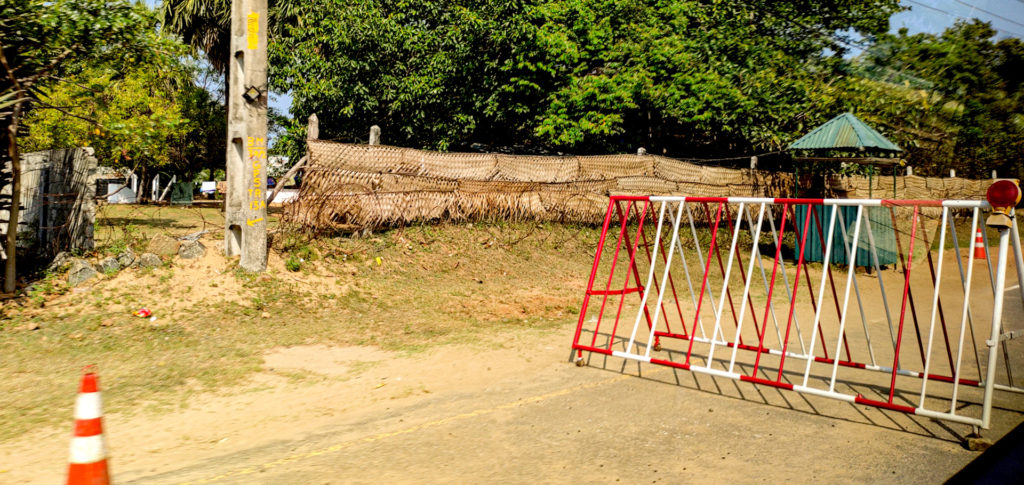They joke of being followed by intelligence officers and questioned on who visited them and what they spoke about but underneath lies a real fear of being intimidated, harassed and threatened when they stand up for their rights or seek to help the oppressed.
Like their colleagues in the North, in the East, too, human rights defenders and ordinary people looking for justice for the wrongs done to them are fighting every day against tremendous odds.
“After you go two kilometres the CID will come and ask us who you are and what we told you,” said Kandiah Paramanathan from Thennamaravadi, who is fighting for the return of his paddy land in a village 65 kilometres north of Trincomalee. However, he added that he was not being pressured into giving up his case.
Other incidents are more frightening. Suranga Rupesinghe has been working for 15 years as a human rights defender dealing with land rights cases and assisting families of the disappeared. While he is not worried for his own safety, Mr. Rupesinghe does resent the fact that CID officers visit his home at all hours of the day and night, frightening his wife, young children and aged mother.
“There is a danger that the police will plant evidence on you or give false evidence against you so that you end up in jail. Magistrates should look after people’s rights but they only listen to the police,” he claimed. “People are scared. In Trincomalee, Tamil and Muslim people are concerned about their human rights. Although there may be no killing or beating up, there are other ways in which people can be intimidated,” Mr Rupesinghe added.
A journalist covering news in the East who did not want to be named said the situation had deteriorated considerably since the presidency of Gotabaya Rajapaksa. “Since many organisations have been banned recently, people fear what will happen to them if they have any contacts with these organisations,” he said.
“There is no room to work with this government. The majority Sinhalese community must realise what will happen to the country if this situation continues,” he warned.
Another human rights activist, who did not want to be named, feels guilty about exposing victims who have already suffered to further anguish by encouraging them to speak out and become involved in protests.
“They live in fear; they are depressed and it is a burden for them,” he pointed out, adding that the trend was now towards racism and violence with politicians such as Karuna and Pillayan creating divisions between the Tamil and Muslim communities, especially the youth.
After the Easter attacks, he said there has been increased discrimination against the Muslim community, citing a case where a pregnant woman was denied treatment at a local hospital and the general feeling that Muslims are not treated fairly when accessing public services.
After the vote on Sri Lanka at the UN Human Rights Commission, he feared reprisals against people suspected of providing information on the ground situation. “They are afraid they will be arrested under the PTA,” he said.
The founder and Batticaloa organiser of the Pottuvil to Poligandy (P2P) march, Sabaratnam Sivayoganathan, has had a case filed against him in the Pottuvil courts for taking part in the march. Other people have also been interrogated for participating in the march that drew large crowds as Tamils and Muslims came together to highlight many injustices against them.
“It was partly because of the march that the Geneva resolution on Sri Lanka was passed. Two of our demands, to allow burials of Muslims who died of Covid-19 and the Rs 1,000 daily wage for estate workers, have been met,” he pointed out.
“The one fear we have as civil rights and human rights workers, is that we will be arrested under the PTA. In Batticaloa 86 people have been arrested under PTA for connections with LTTE, which could be that they shared photos on social media of LTTE cadres who had died. They are mostly young people who don’t understand the seriousness of it,” Mr. Sivayoganathan said.
“As people who are working for truth, justice and the rights of the oppressed, we have to carry on with what we do,” he added.
See full video below:
